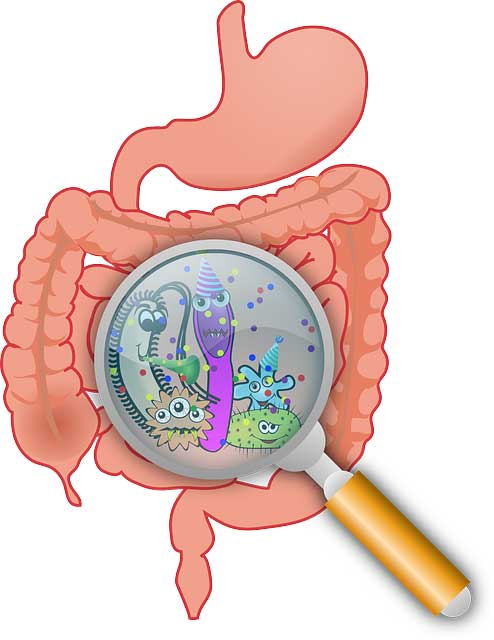We are all aware that what we eat affects our health.
I’m writing this to encourage you to make food choices that promote wellbeing and longevity.
With the appearance of over processed foods in the 70s we have seen an increase of 8 chronic diseases: type 2 diabetes, dyslipidemia, cancer, cardiovascular disease, hypertension, dementia, fatty liver disease, and polycystic ovarian syndrome. At the core of every single one of these diseases is the modern food environment.
These chronic conditions don’t have a cure but they can be prevented. Their causes are the same, just affecting different organs.
Type 2 diabetes and fatty liver, which use to be a disease of alcoholics, are now common in children due to the consumption of over processed foods, high in sugar and low in fiber. Fatty liver is a consequence of sugar flooding the liver, overwhelming its capacity to metabolize it turning it into fat and causing fatty liver, insulin resistance (cells losing their ability to absorb glucose) and chronic metabolic disease will follow.
A diet high in sugar and over processed foods can affect both overweight and skinny people. It’s not scale dependent.
There are 3 types of fat in our body.
- Subcutaneous fat. This is fat to store energy in case of a famine. After a certain weight gain (over 22 lbs.) these fat cells start dying creating inflammation and insulin resistance.
- Visceral fat. This is belly fat and is due to stress. It drains directly into the liver. 5 to 6 lbs. gain of visceral fat will start affecting the liver.
- Liver fat. This is the worst; just ½ lb. of liver fat will cause metabolic dysfunction and insulin resistance. Currently 25% of kids have fatty liver caused by the amount of sugar they eat. We are now seeing liver transplants in children.
What does sugar do? When we eat sugar the pancreas has to make more insulin, driving weight, chronic disease, cognitive impairment and dementia.
88% of Americans have insulin resistance and metabolic dysfunction because the liver is overwhelmed by sugar.
The more sugar we eat, the more we will crave as the receptors in out tongue loose the ability to taste it.
In children sugar inhibits the chemicals in the brain that control impulse behavior and violence it also causes cognitive problems.
Most processed foods contain a sugar called fructose. Fructose makes the cells go into growth phase, telling the body to store fat and not burn it. Ultra processed foods won’t allow weight loss. Exercise will not counteract a bad diet. “I can eat whatever I want if I exercise” is just not true.
In order to be in good health we have to PROTECT THE LIVER and FEED the GUT.
The liver metabolizes sugar and alcohol virtually identically. We are currently seeing damage to the liver that was associated with alcoholism before we adopted the modern diet.
Our gut bacteria feed on fiber. Fiber is taken out of processed foods to extend the shelf life. When bacteria are not fed they will strip the protective mucous lining of the gut allowing stuff to leak out causing inflammation, IBS, insulin resistance and autoimmune disorders.
Our bacteria like fiber, especially in the colon where it produces anti-inflammatory fatty acids.
Taking probiotics would not be helpful until the environment is suitable for their survival. A diet high in fiber and low in sugar is the best way to restore gut health.
Some other facts to consider. The cost of medical care in this country is 6.5 trillion dollars.
75% of that goes to treat chronic metabolic diseases; at the core of every single one of them is the modern food environment.
Unless we address that, we just are putting patches instead of correcting the real cause.
The food industry is highly profitable, changes will not happen unless we start changing our habits. The good news is that the food industry responds to the consumer.
Choose real food. Eat what comes from the ground or from an animal that ate what comes from the ground.
Try planning a weekly menu of recipes easy to prepare. Shop for food only once a week. Read the labels, even if it says natural or organic it doesn’t mean that is good for your health.
Keep in mind that there is not one diet that fits all. Try different options to see which one is best for you.
Remember: Eating real food is not necessary more expensive.
Be patient, it takes 3 months to change a habit.
Don’t deprive yourself; find healthier replacements.
References
Dr Rangan Chaterjee podcast. Don’t Eat this Food
https://www.youtube.com/watch?v=zXiQgTZZqPg&t=6s
Christopher Gardner: Personal Nutrition
https://www.youtube.com/watch?v=sJLK3sVexIk
Ursula Schmidt, LAc






